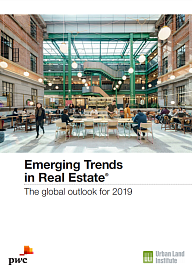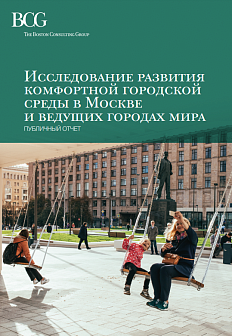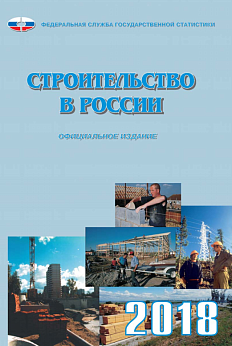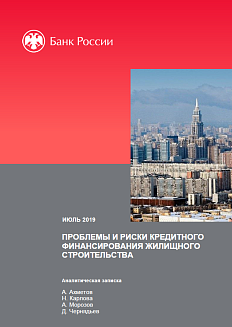Emerging Trends in Real Estate. The Global Outlook for 2019.

The regional Emerging Trends in Real Estate reports, published towards the end of 2018, all show that obsolescence is a growing concern for asset owners across the globe, against the backdrop of rapid changes in technology, demography and social norms. Technology, particularly mobile technology, has put much more power in the hands of the consumer, which is driving change across all sectors. And as new generations become workers and consumers, different social values and choices are influencing where and how people work and shop — and underpinning the rise of the shared economy. Assets will need to be adapted to meet the needs of the people using them more effectively, or converted to entirely new uses. Real estate owners will need to become operational businesses, and learn very different skills than they required even five years ago.
The challenges do vary, according to sector, but all are affected by the possibility of accelerated obsolescence. Retail and hospitality have been in the eye of the storm for some time; offices are closer to the beginning of the revolution. The residential and industrial sectors seem to be more insulated from change because of the positive balance between supply and demand.
The question of what is a valuable asset today has become much more complex than it once was, across all sectors. It’s clear that to avoid obsolescence and remain relevant in the modern world, real estate will need to provide that amenity and experience that the ultimate end users require — be they office workers, shoppers or residents. Technology will be key in measuring feedback from people — both in terms of what they say they like about a building as well as how they actually use it in practice — and in creating a clearer link between new uses and value. Owners will need to forge closer ties with occupiers, to collaborate and analyze what’s working for the people using buildings, day in and day out. The owners who can assess how people want to feel about a building and fulfil that intangible demand will be the most likely to avoid their assets becoming obsolete.
Anlytics on the topic

In this study, the Boston Consulting Group analyzes Moscow versus 11 megacities in different continents in order to identify strengths and areas for improvements in the urban environment.

This statistical compilation was prepared by the Federal State Statistics Service of the Russian Federation based on data from enterprises and organizations obtained through statistical monitoring and market investigations. The publication reveals the economic development level of the Russian construction sector.

Avast, a global leader in digital security products, has published a report which details the results of the company’s global study of the vulnerability of smart home devices to cyberattacks.

The Bank of Russia has published an analytical note about the risks posed by a massive increase in housing construction and an accelerated transition to loan financing in the construction sector. The publication looks at potential problems from the viewpoint of construction companies, banks, and customers.

